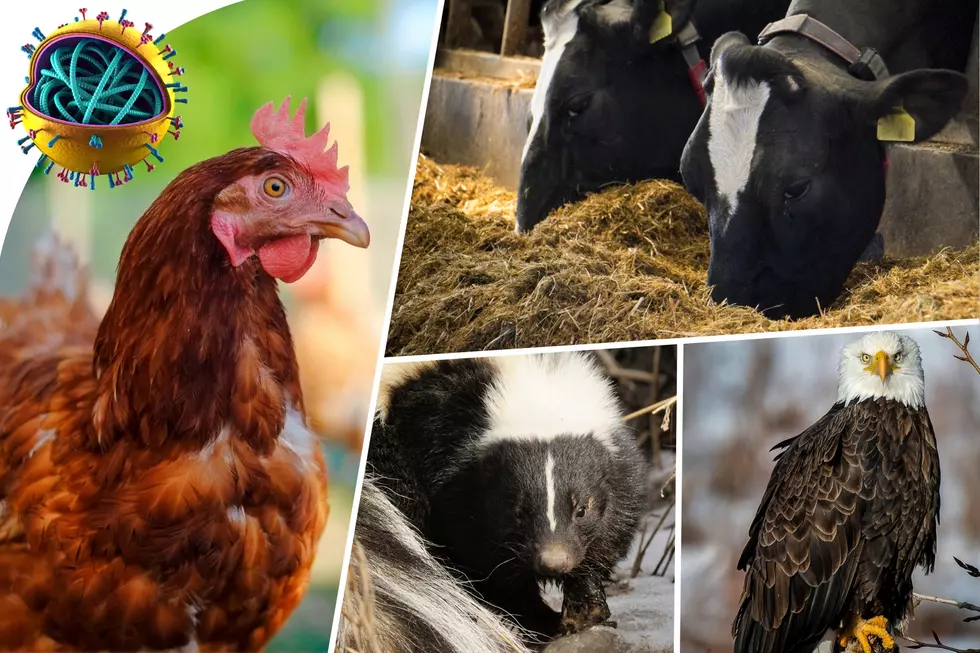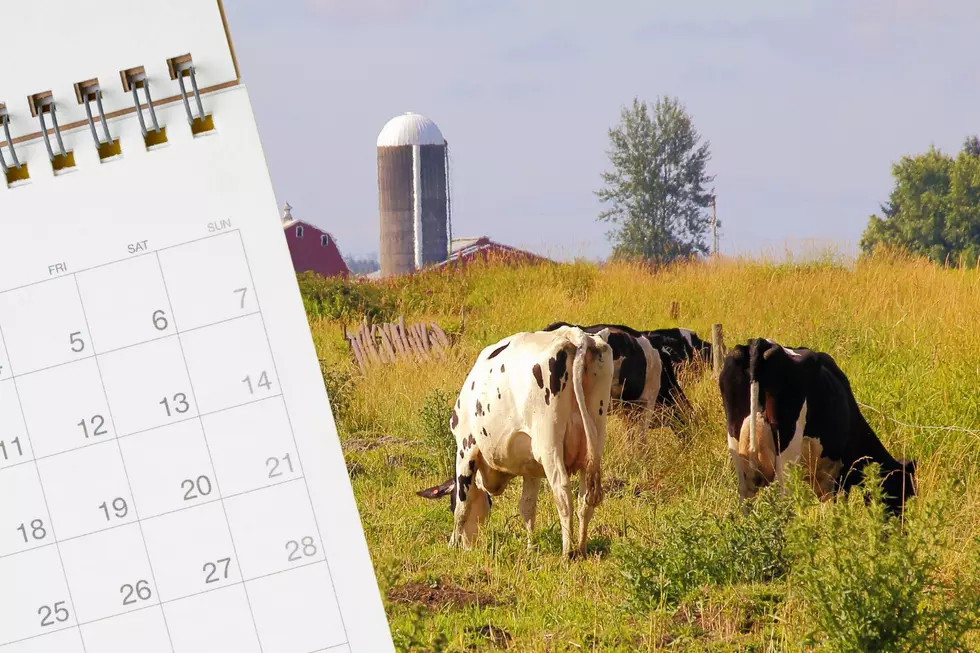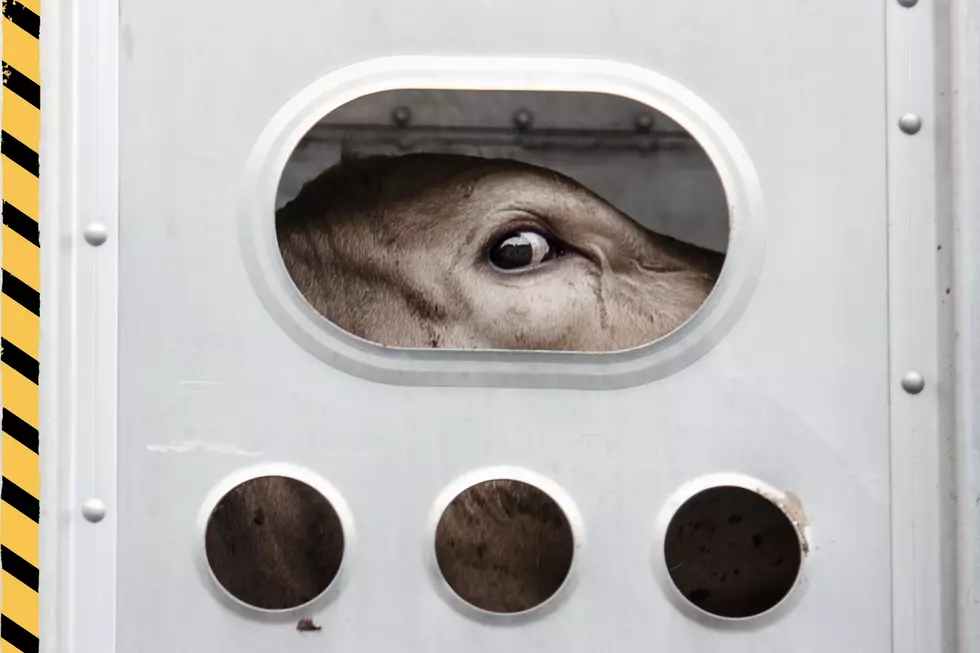
Could Eclipse Impact Animal or Plant Ag?
It seems like much of the country will stop on Monday to at least observe the eclipse in some form or fashion, but could it impact the ag industry.
Oregon State University Extension Horticulturist Brooke Edmunds said because eclipses are so infrequent, it’s really hard to know what will happen other than what has been observed anecdotally.
“You have a brief night time episode, basically, and so for plant growth, agriculture and field crops, this is a very minor dark period. It’s not going to have any long term effects on plant growth or on animal growth.”
But it could impact animal behavior, either for birds, bugs, wildlife and others as the day gets darker and animals sense that it is getting darker according to Edmunds.
“They’re just responding. It’s just a basic, natural response that it’s getting darker so I need to do what I do when it’s darker, when it’s night time and so their behavior may change. Or they may just become restless and so people may notice that sort of change that there’s a little bit of confusion. ‘It’s becoming night time but I’m not feeling tired.’”
Edmunds called it a once-in-a-lifetime event and for the observant you might to get to experience things you never have and may not again.
The peak of the eclipse will happen mid-morning on Monday with the creep of the moon starting the 9:00 hour, the peak happening between 10 and 10:30 and the event over by around noon.
If you have a story idea for the Washington Ag Network, call (509) 547-1618, or e-mail krounce@cherrycreekradio.com.
More From PNW Ag Network









